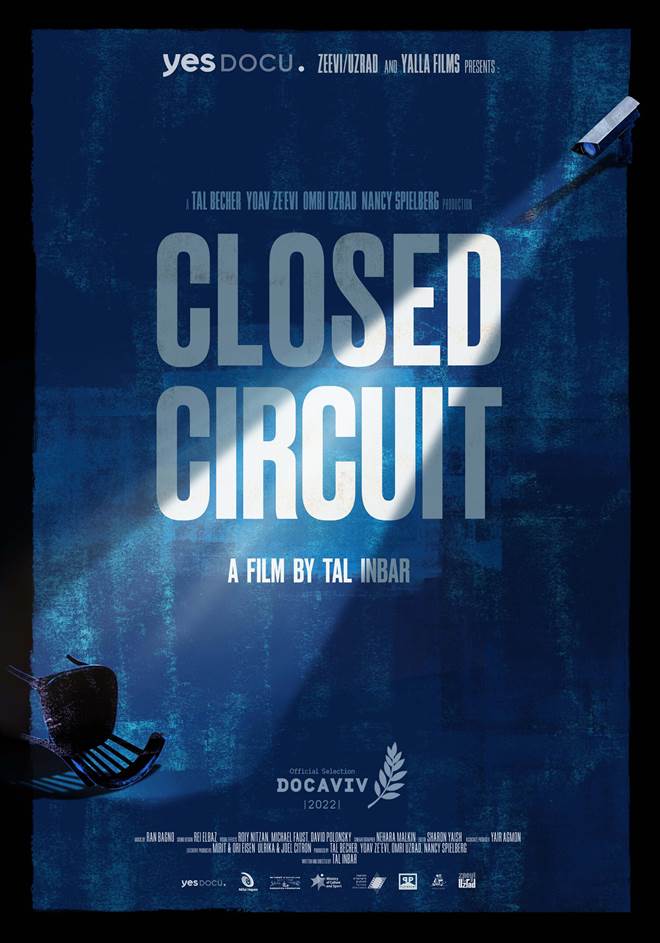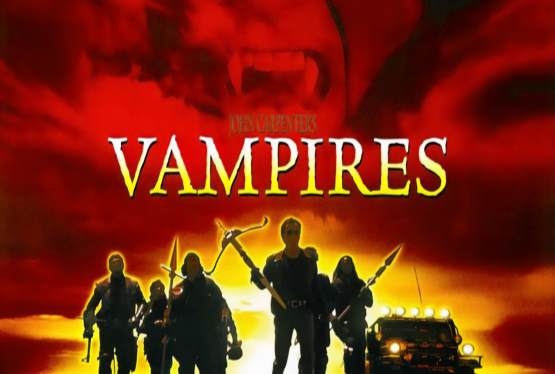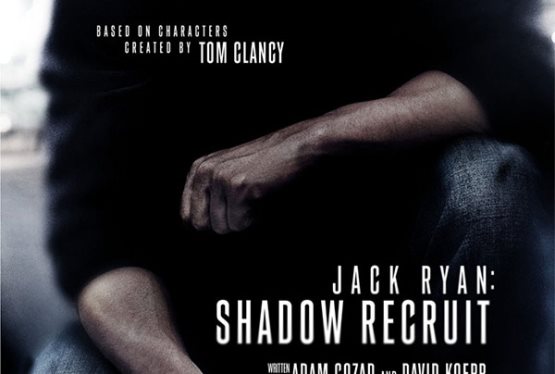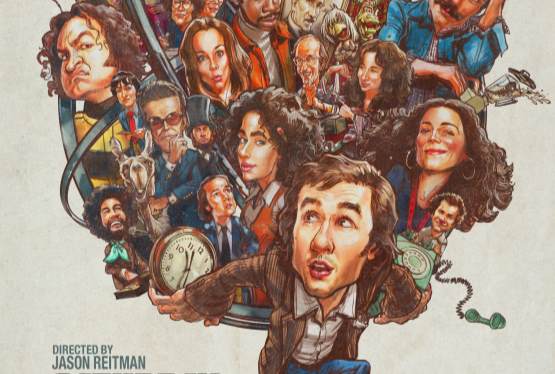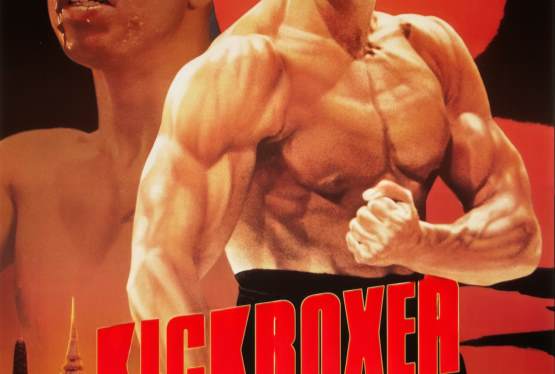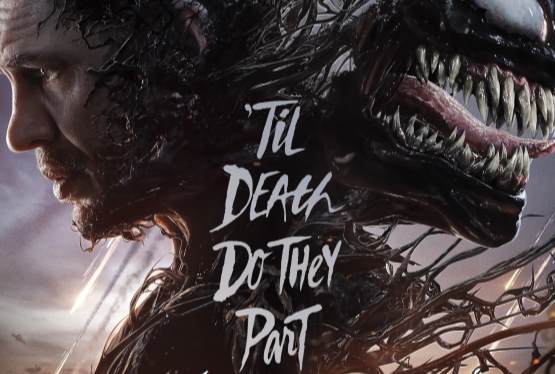Terrorism. It is defined as the unlawful use of violence and intimidation, especially against civilians, in the pursuit of political aims. For millions of people, it is something that happens mainly in the Middle East perpetrated by Arabs. For others, it is an everyday fear that could become reality at a moment's notice and over twenty years ago the world watched as it came to America. In June of 2016, terrorism once again reared its ugly head at Sarona Market in Tel Aviv, Israel. There, Palestinian cousins, Khalid al-Mahmara and Muhammad Ahmad Moussa Mahmara opened fire on diners, killing four and wounding seven more.
Tal Inbar, a graduate of the Sam Spiegel School of Film and Television in Jerusalem, directed a short film called The Home Front about the shooting at Sarona Market. After winning several awards at film festivals, Inbar decided to expand the movie and set out to find a production company. Ultimately she landed with Playmount Productions and Producer Nancy Spielberg (yes, Steven's sister). The end result is an hour of survivor interviews, re-enactments, and surveillance camera footage cut together to create a haunting and compelling documentary focusing on five individuals' stories and the impact that night had on their lives.
Lihi Ben Ari was a teenager at the time of the shooting. She and her brother were supposed to see their dad that day. Though he was running late, he insisted they should go to Sarona Market for dinner. Five years later, Lihi reflects on the shooting and chaos and all the special events in her life that won't be shared with her father.
Ibrahim Agbaria was at Sarona with his wife and children celebrating. As his six-year-old son got up from the table and ran around playfully, the gunmen were making their way inside to where Ibrahim and his family were seated. Hearing the commotion, Ibrahim grabbed his son and ran for a place to hide. He reveals towards the end that he and his wife are divorcing. Daniel Salganik had just turned 24 and was with his friends. Having served as a medic in the Army, he was able to assist one of the injured - Hagi Klein.
Like Lihi and Ibrahim, hundreds of people have a story and most of their scars are not visible to one's eye. While only three victims were killed by the terrorists, one more had a heart attack and several people were wounded. You can see the in the footage as people run for their lives as well as, the fear and chaos that prompted them to flee.
What Inbar does so well is to interlace the surveillance footage with interviews and visually shows what moment the person is speaking about through the video camera footage or with well-done reenactments. The grainy videos she acquired do take some getting used to but eventually, you adjust. Additionally, Inbar interviews her subjects outside the market, mainly in the evening, setting the atmosphere and keeps the color palette consistent.
The shooting in Tel Aviv on June 9, 2016, was reported worldwide and for millions, it was just a terrible act of violence that didn't directly affect them. However, for a number of individuals, including the five interviewees, the event altered their lives forever.
Inbar handles these stories with sensitivity and care and it is obvious she makes the interviewees feel comfortable enough to open up to her during their interviews. Despite a lack of professional experience, Inbar puts together a solid film that has a terrific balance between interviews and camera footage.
If I was going to criticize any aspect of Closed Circuit, it is that the beginning starts off slowly and doesn't pick up speed for 10-15 minutes. However, flaws and all, The film captures the tension, fear, and sadness as it takes the audience through the market and into the lives of the individuals she showcases in the movie.
Grade: B+

